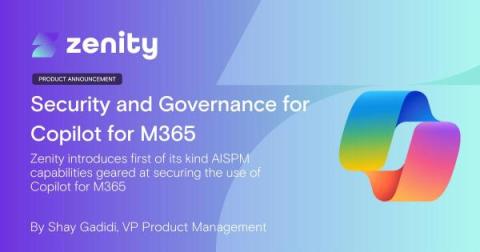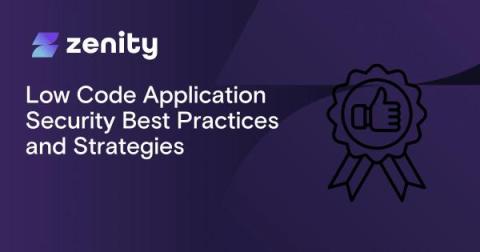Building Apps at Scale in Power Platform? Not for the Faint of Heart... or CoE Security
Enterprises are racing to adopt AI copilots and low-code/no-code platforms to innovate and maximize efficiency by placing powerful technology and development tools in the hands of all business users. While the productivity gains are enormous, so are the security risks, as the nature of these copilots and low-code platforms results in a surge of new business apps being created at the enterprise.








